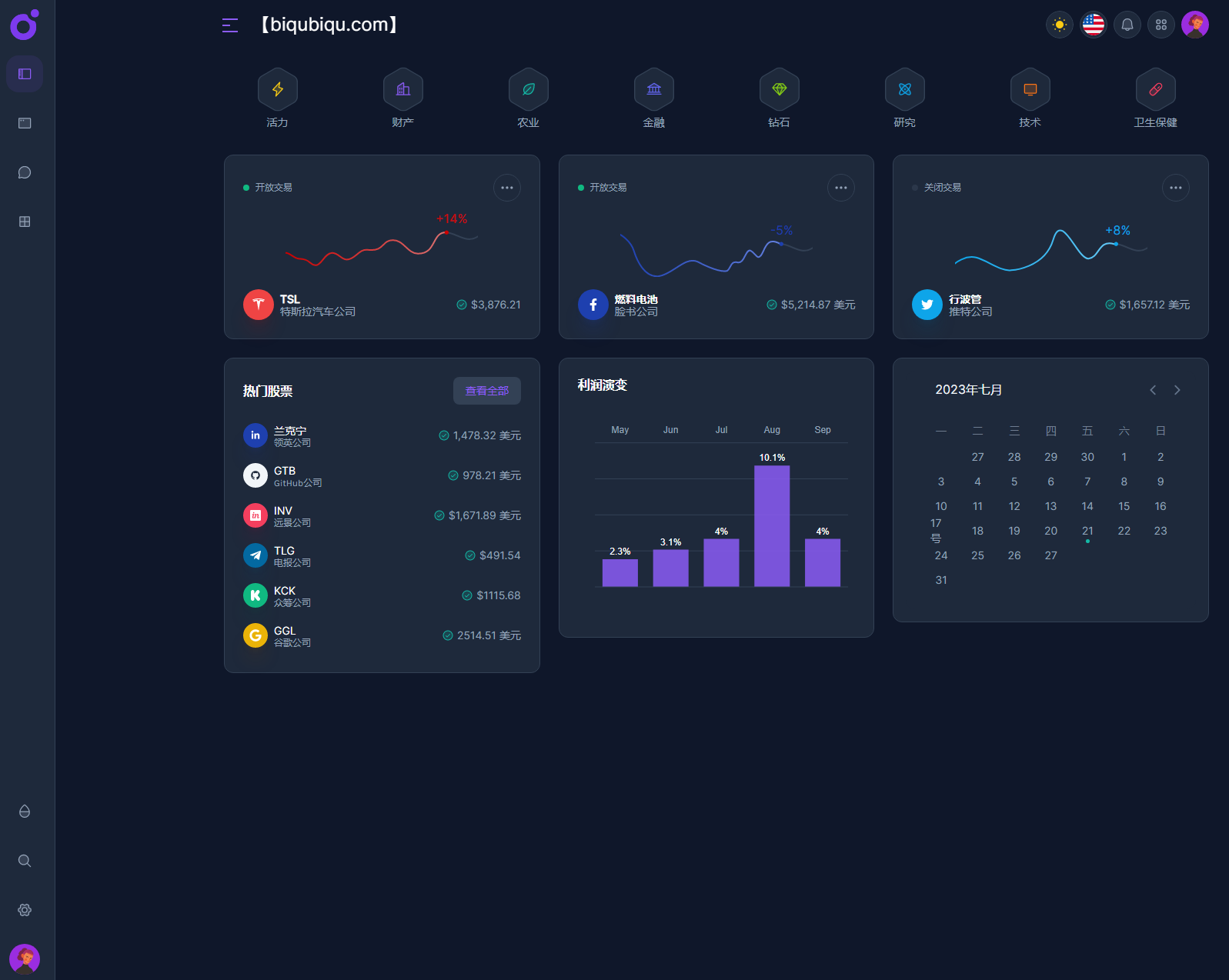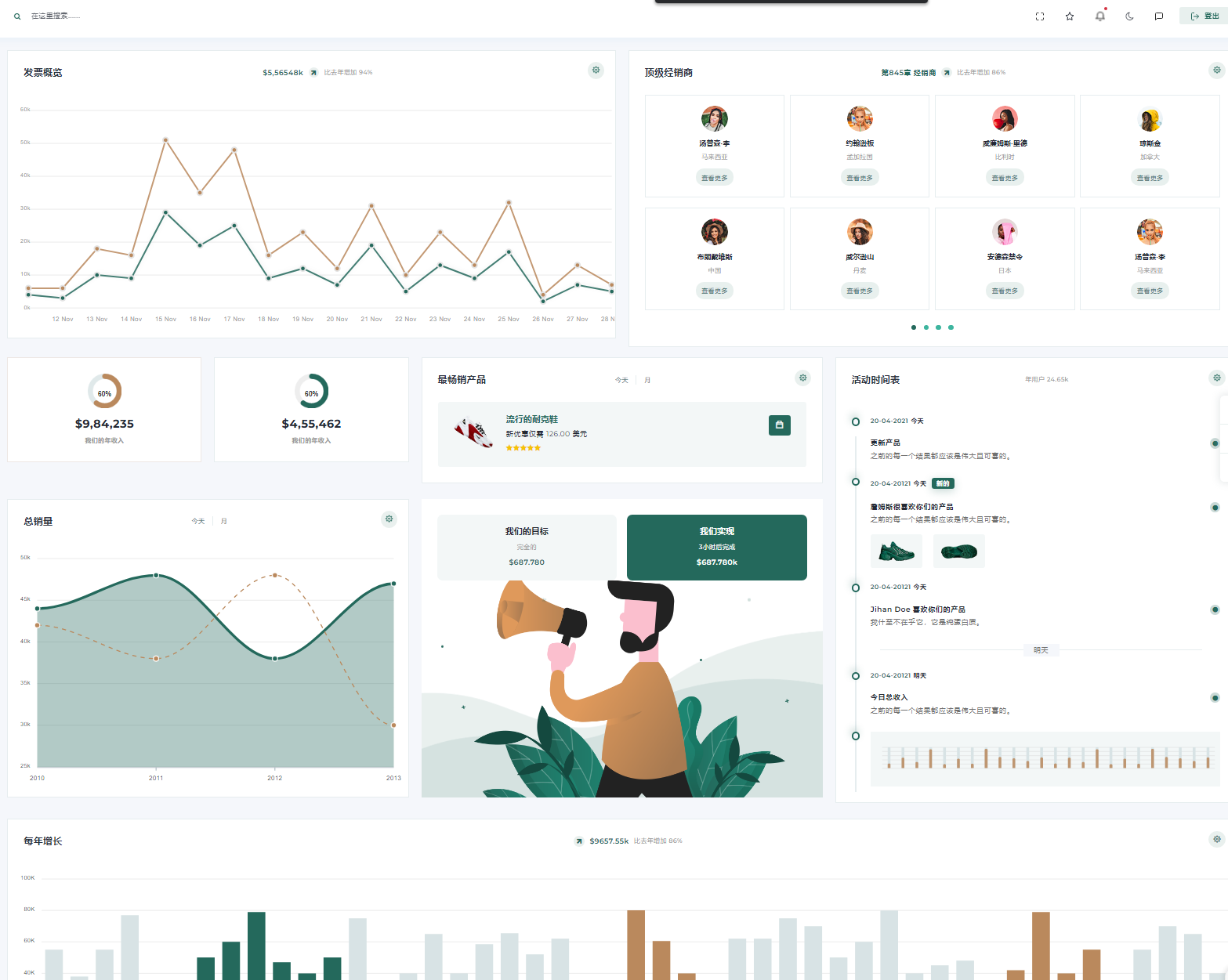The Role of Influencer Marketing in Modern Business
The Role of Influencer Marketing in Modern Business
Introduction
In today's digital age, influencer marketing has become a powerful tool for businesses to reach and engage their target audience. As social media platforms continue to dominate the way people consume information and make purchasing decisions, brands are increasingly turning to influencers to help them promote their products and services. In this article, we will explore the role of influencer marketing in modern business, examining its benefits, challenges, and best practices.
The Rise of Influencer Marketing
The popularity of influencer marketing has skyrocketed in recent years, driven by the growing influence of social media personalities and the increasing trust that consumers place in their recommendations. According to a recent study, 92% of consumers trust recommendations from influencers more than traditional advertising. This has led businesses of all sizes to embrace influencer marketing as an effective way to connect with potential customers and drive sales.

Benefits of Influencer Marketing
There are numerous benefits to using influencer marketing as part of your marketing strategy. Here are some of the key advantages:
Increased Brand Awareness: Influencers have a large and engaged following, providing businesses with an opportunity to reach a wider audience and increase brand awareness.
Enhanced Brand Credibility: When influencers promote a product or service, they lend their credibility to the brand, which can help build trust with potential customers.
Targeted Audience Engagement: Influencers allow businesses to target specific demographics and niche audiences, ensuring that marketing messages are delivered to the right people.
Authentic Content Creation: Influencers create genuine and relatable content that resonates with their audience, making it more likely to be shared and acted upon.
Measurable Results: Influencer marketing campaigns can be easily tracked and measured, allowing businesses to assess their effectiveness and make necessary adjustments.

Challenges of Influencer Marketing
While influencer marketing offers numerous benefits, there are also some challenges that businesses need to consider:
Finding the Right Influencers: Identifying and selecting the right influencers who align with the brand's values and target audience can be a time-consuming and complex process.
Managing Influencer Relationships: Building and maintaining positive relationships with influencers requires ongoing communication and collaboration, which can be challenging, especially if multiple influencers are involved.
Ensuring Authenticity: Influencers need to maintain their authenticity and integrity to avoid alienating their audience, which can be difficult when promoting sponsored content.
Budget and Cost: Influencer marketing can be expensive, particularly for campaigns involving high-profile influencers or multiple collaborations.
Legal and Ethical Considerations: Businesses need to ensure that influencer marketing campaigns comply with relevant laws and regulations, including disclosure requirements and FTC guidelines.
Best Practices for Influencer Marketing
To maximize the effectiveness of influencer marketing campaigns, businesses should follow these best practices:
Define Clear Objectives: Before launching an influencer marketing campaign, businesses should clearly define their goals and objectives, such as increasing brand awareness, generating leads, or driving sales.
Choose the Right Influencers: Influencers should be carefully selected based on their relevance to the brand, their reach and engagement, and their alignment with the campaign's objectives.
Create a Comprehensive Campaign Strategy: Develop a detailed strategy that outlines the campaign timeline, content requirements, influencer compensation, and performance measurement metrics.
Provide Clear Guidelines: Provide influencers with clear guidelines regarding the campaign's objectives, content expectations, and disclosure requirements to ensure consistency and authenticity.
Foster Collaboration and Communication: Maintain open lines of communication with influencers throughout the campaign, providing support and guidance as needed to facilitate a successful partnership.
Measure and Evaluate Results: Track and measure the performance of the influencer marketing campaign using relevant metrics, such as website traffic, engagement rates, and conversion rates, to assess its effectiveness.
Conclusion
Influencer marketing has become an essential component of modern business, providing brands with a unique opportunity to connect with their target audience and drive growth.
